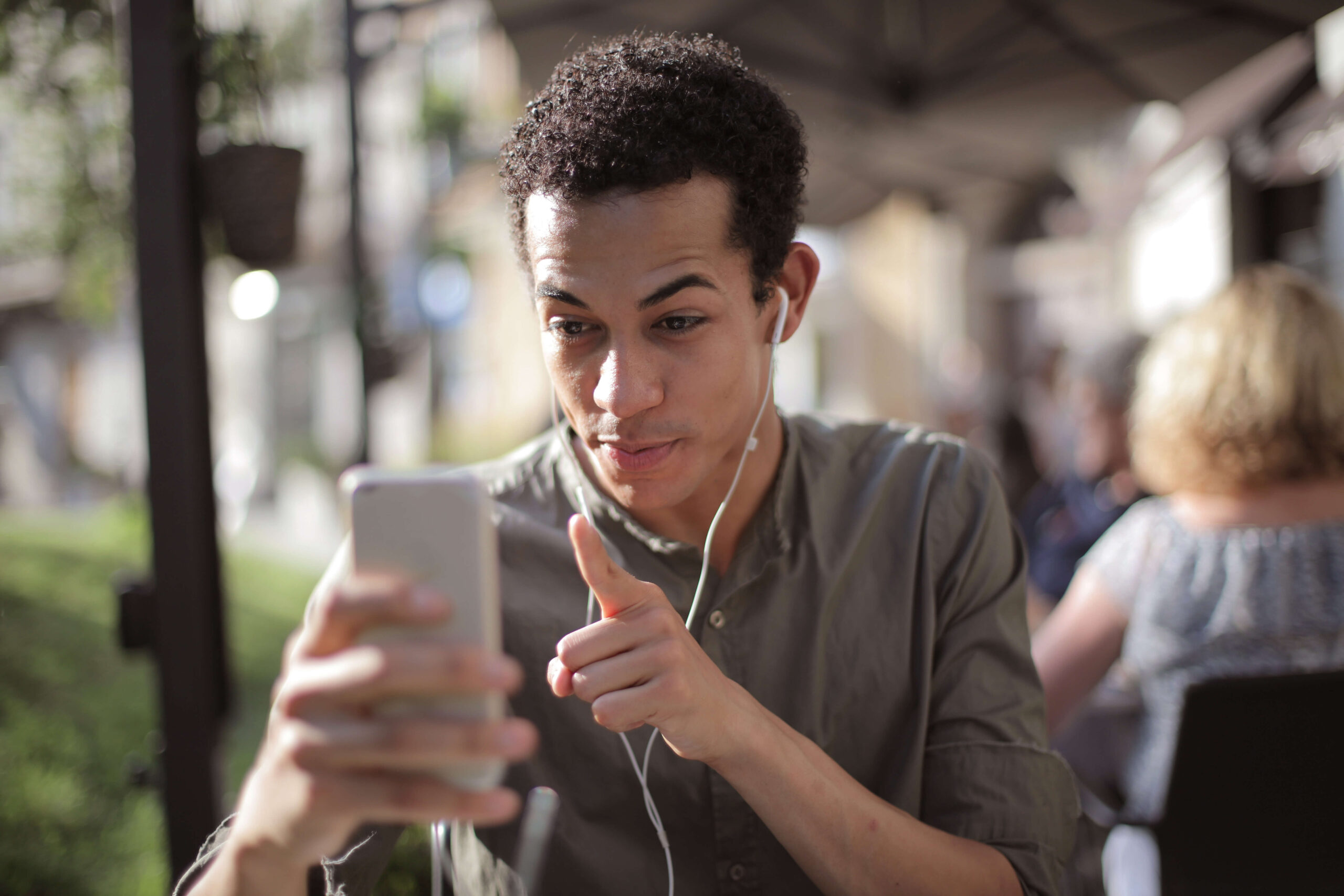
St Giles
How to communicate with your audiences during the COVID-19 period
The impact of COVID-19 has left our students, partners and staff feeling both scared & vulnerable. Now more than ever, having correct and clear communication with our audience is vital. Here are our suggestions on how to communicate best in these disruptive times.
Identify and acknowledge your audience’s feelings.
We can all understand that these times are hard for any business, but we also have to acknowledge that we are dealing with people and need to ask how our audience is feeling. We can only communicate effectively if we can tailor our message to our audience.
– Audience: Students
– Potential issues: They’re feeling lonely, isolated & unsafe. They are worried about their health as well that of their friends & families.
– They’re starting to feel the economic impacts of COVID-19. Some will have lost jobs & lost significant amounts of money as a result of the situation.
– They need to feel understood and supported.
How can we communicate effectively at the moment?
On a basic level, our audience is looking to see that we’re aware of the current situation. We should look through all communication and ensure that it’s reflecting the COVID-19 messaging that we’re looking to project.
– Adhere to the ‘be helpful & human’ mantra in all communications. We want our students & agents to feel supported and part of a big family facing similar issues; therefore we should be asking how we can provide support. Perhaps by offering special offers, free trial lessons on a new product, sending quicker and more detailed information in our one to one communications, etc.
– Keep in mind that sales pitches aren’t welcome at the moment. If people are feeling vulnerable, they don’t want to be sold to and you should avoid using COVID-19 to promote your brand. When promoting a service or a product, ask yourself how it is helping your customer, rather than looking as though you’re trying to take advantage of them.
– Remain visible & transparent: our audience wants to know what is going on in the schools and what the situation is in the country they are hoping to visit. They want to know the measures that we are taking to keep students safe. Regular updates and keeping everyone in the loop is important in uncertain times and helps build up your students’ confidence in both you and their situation. Withholding basic information can seem secretive or suspicious, so may be interpreted in the wrong way.
– Your audience is looking for light-hearted content to keep their spirits up. People’s attention is shifting from graphs and figures to more positive information. Examples of this could be: sharing acts of kindness inside your organisation or providing useful tips to keep students busy and positive during their lockdown downtime.
– Research has shown that people are more present on social media & the internet than ever. You should keep up to date with trending hashtags, regarding any positive content that has arisen as a result of the lockdown and use this as inspiration for social media posts.

– Video content is more relevant than ever. People want to see familiar faces in a difficult time. You can make the most of this quieter time by live streaming or getting creative and working on some videos for your YouTube channel!
During these difficult times staying connected with your audience and communicating in a clear and honest way is key. It help us become a reference for bringing light to the people interacting with our content, but also allows us to be remembered as an ally, building on both trust and our relationships with commercial partners and clients.
Follow us on LinkedIn for more ELT industry updates and be sure to visit our website to find out more about our Flexible Booking Guarantee and the new online courses that we’re offering on St Giles Live.




